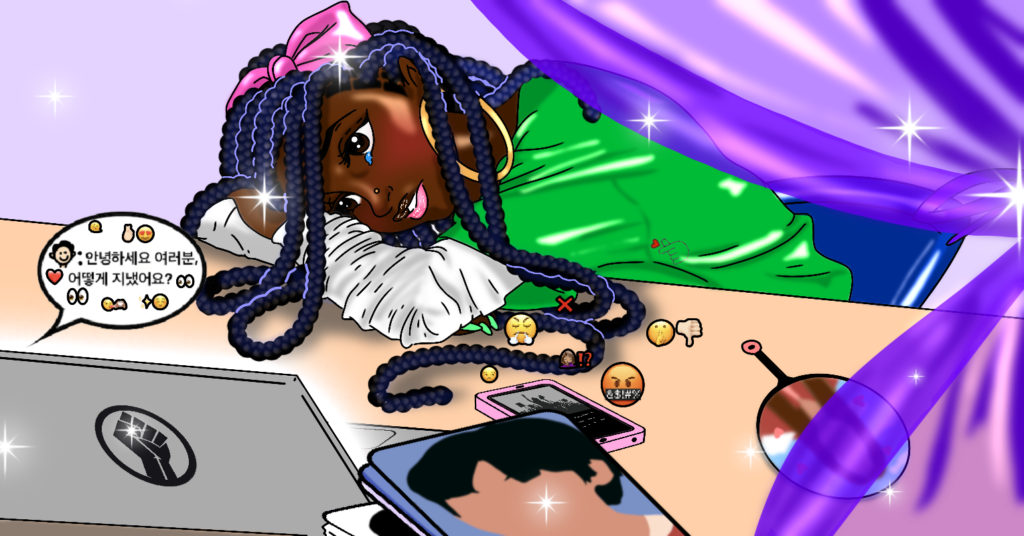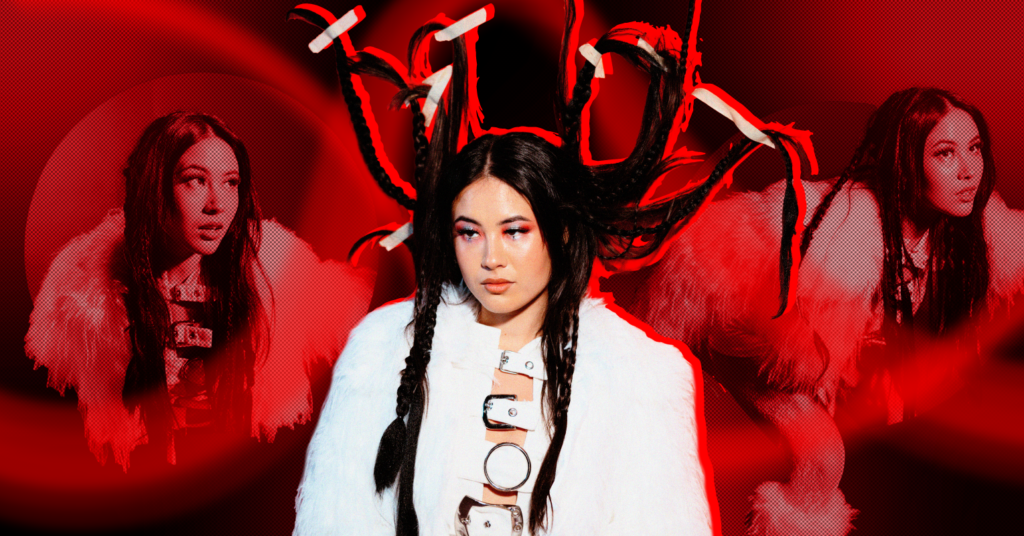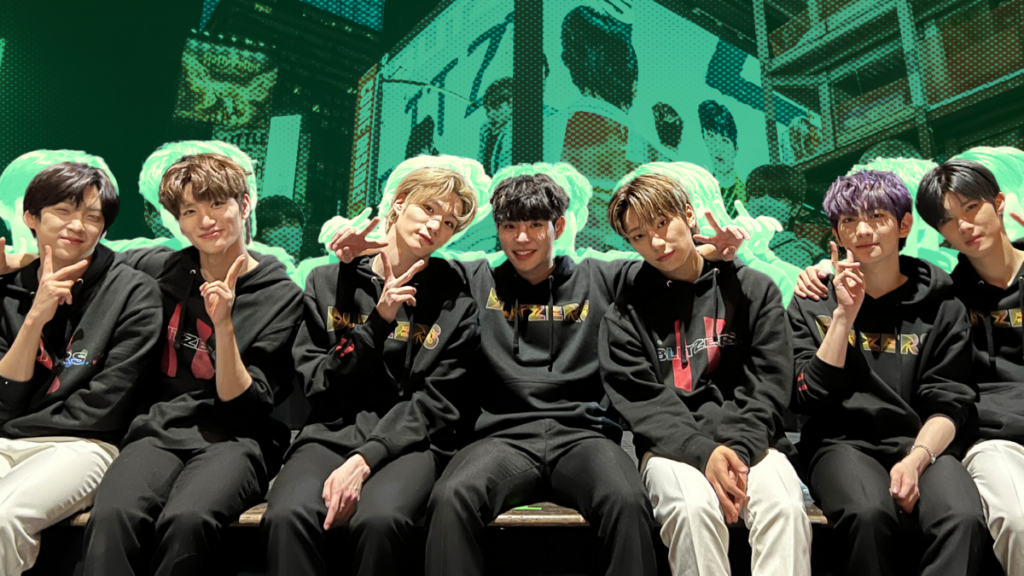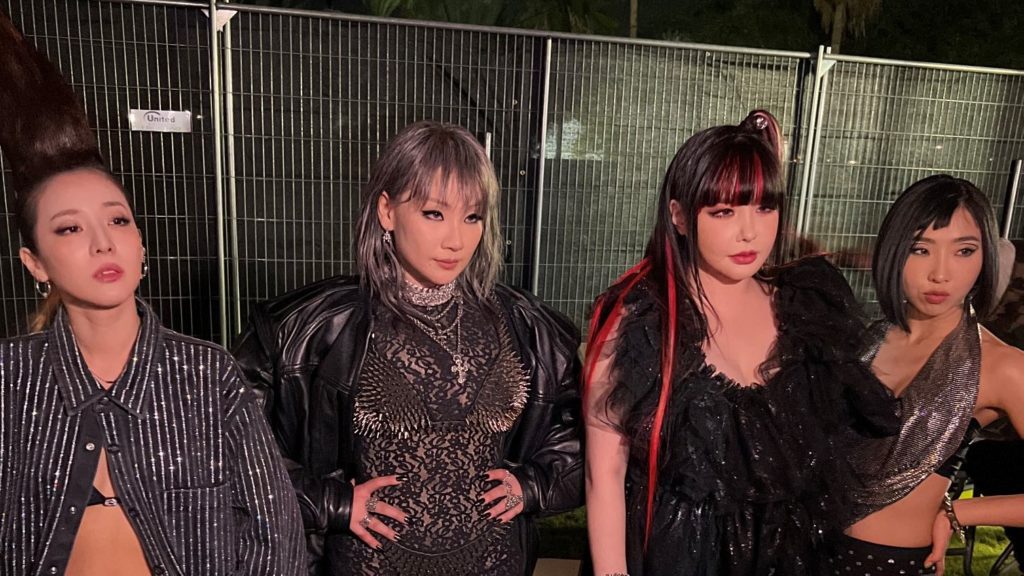What We Talkin’ Bout is EnVi’s op-ed series that tackles serious social and cultural topics in an up-close and personal way. Each WWTB goes beyond just opinions to provide in-depth breakdowns of relevant issues that matter to us most.
The senseless murders of George Floyd, Breonna Taylor, Tony McDade, and many others have left the world grieving and demanding justice and accountability. From politicians to big-name fashion houses, it seems like everyone is finally getting the message and allowing themselves to state unapologetically that BLACK LIVES MATTER.
Well, not everyone. Some voices that were notably silent were those of our favorite Kpop idols. Considering that popular culture is based on Black culture and Kpop is the biggest perpetrator of pulling from it while not respecting it, it is not really a shock that nobody spoke up right away.
Just because it isn’t shocking doesn’t make it any less disrespectful. For years the Kpop industry has appropriated, plagiarized, and mocked Black culture and ignored almost every instance in which people told them it was not okay.
The question Black Kpop fans are always asked, usually in an aggressive manner by their non-Black counterparts, is; why are you still a fan?
And more recently since the resurgence of the Black Lives Matter movement, the question has been “why do you care if they say something or not, don’t you have more serious things to worry about?”
Not only do those statements perpetuate the false notion that people cannot be focused on multiple important issues at once, but it also suggests, that Black people should not call out the racism they see and experience as Kpop fans and should instead just ignore or leave fandom all together.
The majority of Black Kpop fans in America are women. Black women, who feel totally unsafe in all intersections of their lives and are looking for solace from the harsh and oftentimes deadly forces that hate them just for simply existing,.
Breonna Taylor was murdered while in bed at home; Sandra Bland was murdered on her way to a fresh start in a new city and Oluwatoyin Salau was killed after days of protesting by a member of her community she trusted to provide a safe place to stay. There are countless times where Black women have met their demise just trying to mind their own business or ask for help.
Black girls around the world have no safe place. So for the many who find their way to Kpop music and fandom, it is usually a method of escapism or for a sense of community, they might not otherwise have.
Additionally, Black women and girls show up and show out in fandom. They are the tastemakers: setting the trends, jokes, and slang and shell out thousands of dollars to support their faves. Their business accounts for a lot of the capital Korean entertainment companies make Stateside and their presence makes up for the majority of tour attendance as well.
They should be allowed to enjoy and be active participants in things that make them happy and at the same time be able to critique it, especially since it takes so unabashedly from their own culture. They have the right to hold idols and companies accountable for their actions and ask them to stand in solidarity with a movement that calls for their human rights.
But instead, they are gaslit, harassed, spoken over, and repeatedly shown that they are not welcome in a fandom they love so much. And are given little to no support or backup from the companies or the idols who profit off of Blackness and Black American culture.
Right now is the best time to stand on the right side of justice because finally Black Lives Matter is being recognized as the human rights issue that it is. It’s not political, it’s not controversial, it’s not radical. It is just a statement acknowledging that Black people deserve to be treated fairly.
Furthermore, Korean artists and labels have enormous platforms that reach millions of people across the globe at the press of a button. They are able to share information and resources within minutes with people who might otherwise not have knowledge of or access to it. This is a powerful tool that should be used not only for promotional purposes but also to shed a light and help educate their followers on important causes.
Anti-Blackness exists everywhere; there are Black people in nearly every country in the world. This is not just a problem for America and it’s not just a problem for Black people to solve. This is on all of us, every person, celebrity, corporation; we all have a duty to make this world a better place.
Check out EnVi Formation for more takes on Black culture in entertainment!




